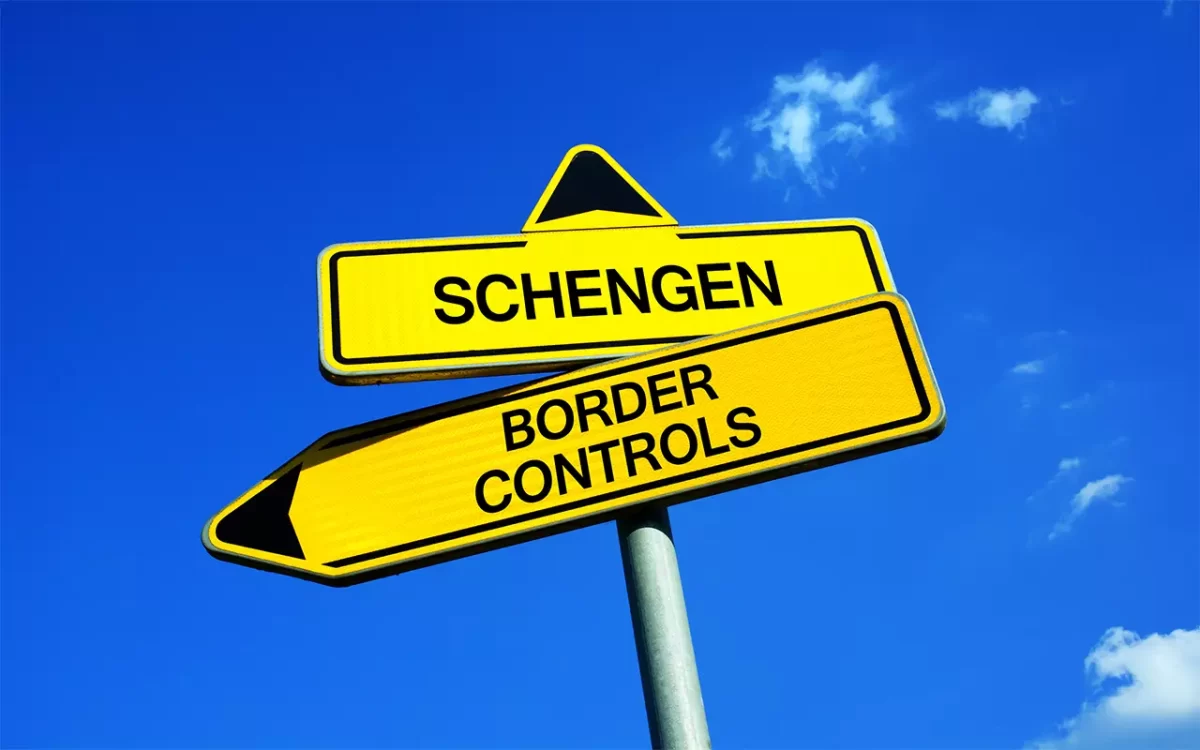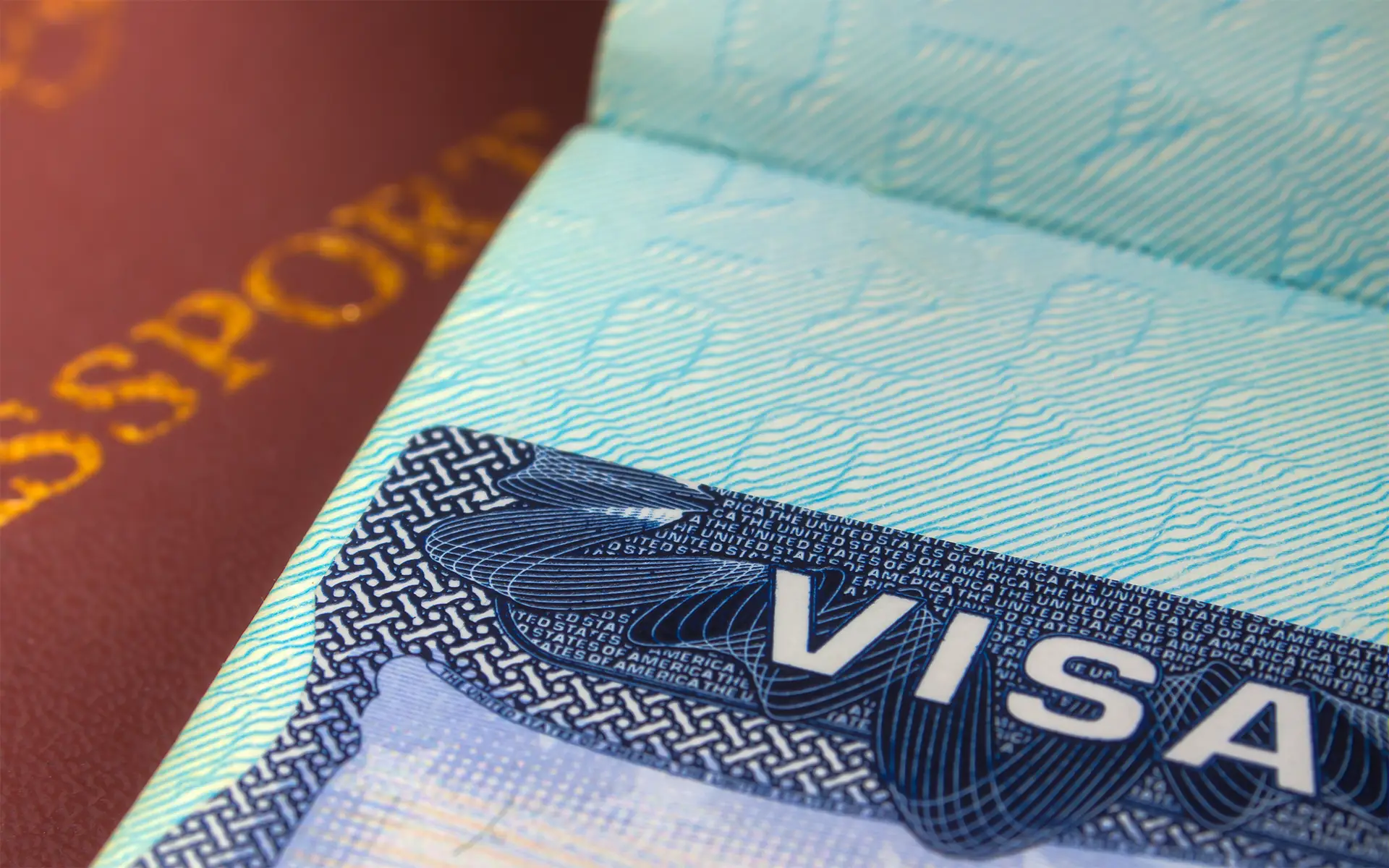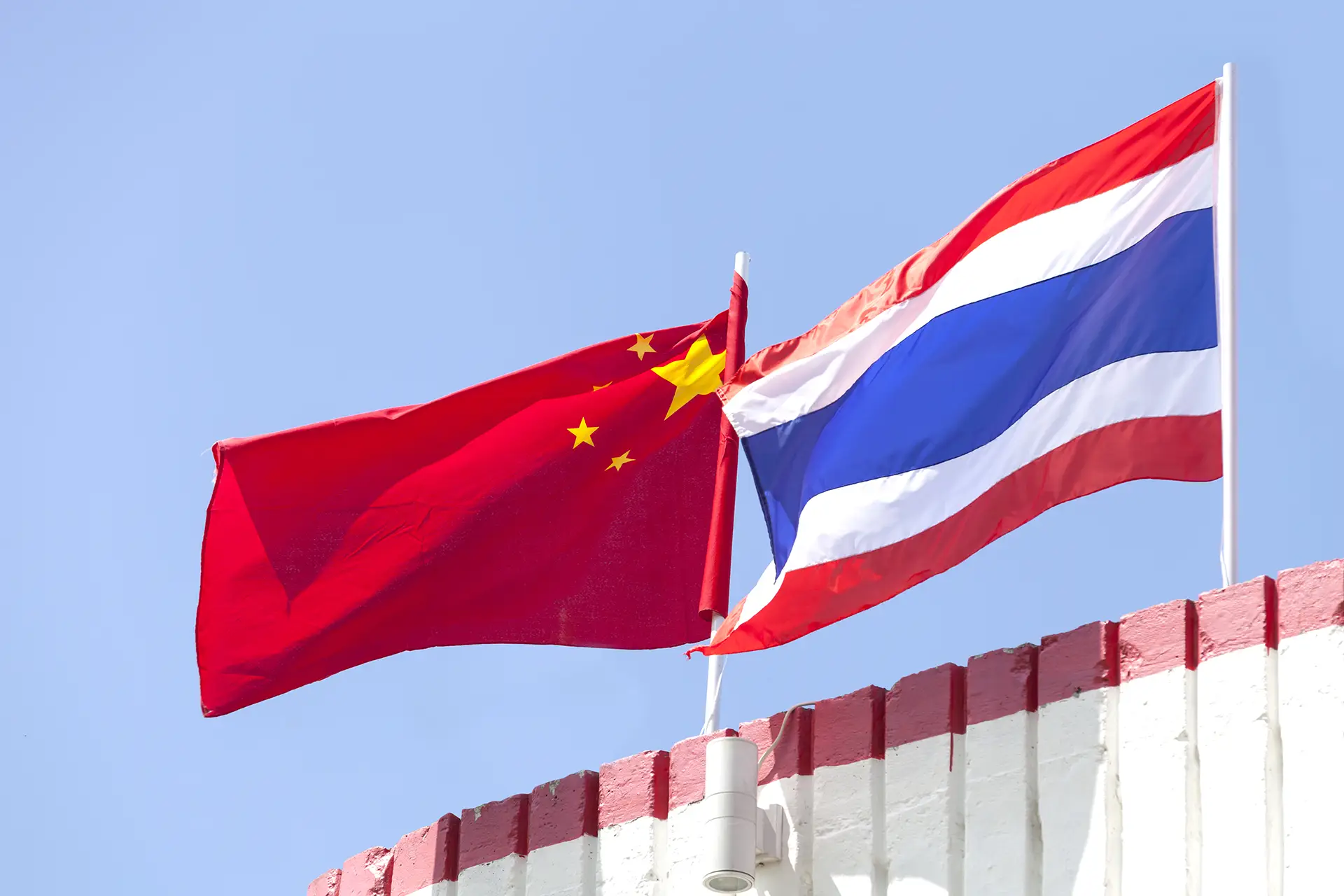
Bulgaria, Romania, and Croatia are ready to “fully participate” in the Schengen area, says the EU Commission
On 16 November 2022, the EU Commission published a Communication that called upon the Council to fully include Bulgaria, Romania, and Croatia in the Schengen Area. The Communication is titled “Making Schengen stronger with the full participation of Bulgaria, Romania, and Croatia in the area without internal border controls”.
According to the EU Commission, these Member States have long met the conditions to join the Schengen Area, but the Council did not lift internal border controls with them and, therefore, they are not able to enjoy all the benefits of being part of the Schengen Area.
The EU Commission wants to change that given that Bulgaria, Romania, and Croatia have a strong record of achievements in the application of the Schengen rules. According to the Communication, their accession to Schengen would respond to “both a European promise and a legitimate expectation that membership follows when all the agreed conditions are verified and met”.
The EU Comission claims that Romania and Bulgaria have strong border management with efficient border surveillance and systematic border checks, that they collaborate with international police to combat issues such as cross-border crime, human trafficking, and irregular migration, that they have the Schengen Information System well established and have shown full respect for fundamental rights and the principle of non-refoulement that protects asylum seekers.
Romania and Bulgaria successfully completed the Schengen evaluation process in 2011. Croatia did it in 2020. In June 2021, Croatia set up the Independent Monitoring Mechanism, which provides independent human rights monitoring in border-related operations involving migrants and asylum-seekers. A few months later, in December 2021, the Council determined that Croatia met the requirements to join the Schengen Area.
In March 2022, Bulgaria and Romania issued a Joint Declaration and invited a team of experts to a voluntary fact-finding mission under the coordination of the Commission. The mission took place in October 2022 and the results were positive for Bulgaria and Romania as both of these countries proved to have a model track record of implementation of the Schengen rules.
Moreover, the EU Commission argues that under the new Schengen Evaluation Regulation, “Member States for which a Council decision has been adopted stating that the provisions of the Schengen acquis are to apply in full, shall be evaluated no later than one year from the date of the full application of the Schengen acquis in those Member States”. This applies to Bulgaria, Romania and Croatia, following the adoption of the respective Council decisions.
The Justice and Home Affairs Council will assess all of these statements included in the Communication and, under the steer of the Czech Presidency, it will vote on the full participation of Bulgaria, Romania, and Croatia in the Schengen Area without internal border controls on 8 December 2022.




































































































